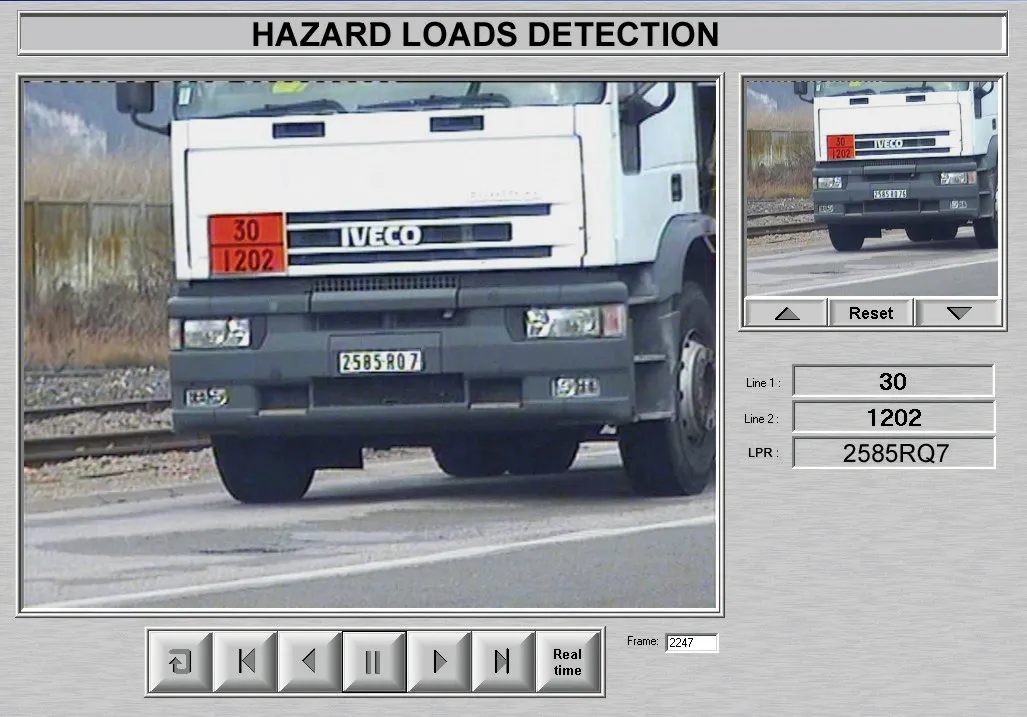
For a decade, Bobcat has hosted the training centre at its headquarters - Doosan Bobcat EMEA Campus – where it has been surrounded by the Bobcat factory and the company’s Innovation Centre.
The Bobcat Institute consists of a large main building with four training rooms, each capable of holding up to 30 individuals. In addition to the classrooms, the facility also includes offices, four workshops for service training and a total of 15,000m2 of outdoor area which is devoted to hands-on try-outs of Bobcat machines. The area also hosts events such as the company’s Demo Days event.
Around 9,000 people have passed through the doors of the centre, not including people who have taken web-based courses provided and followed on the Training Centre Learning Management System. Now, as the Bobcat Institute, it is also dedicated to helping Bobcat dealers in improve their knowledge, explained Jürgen Gremez, training director.








